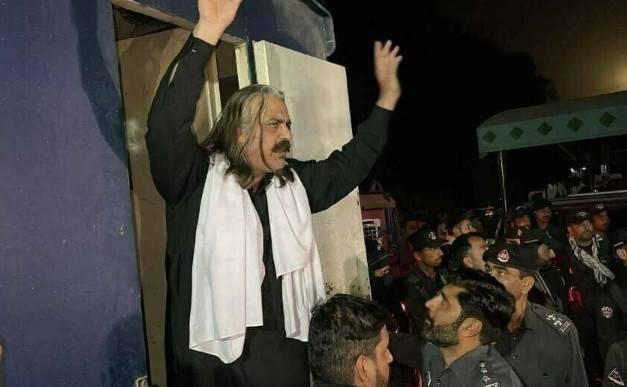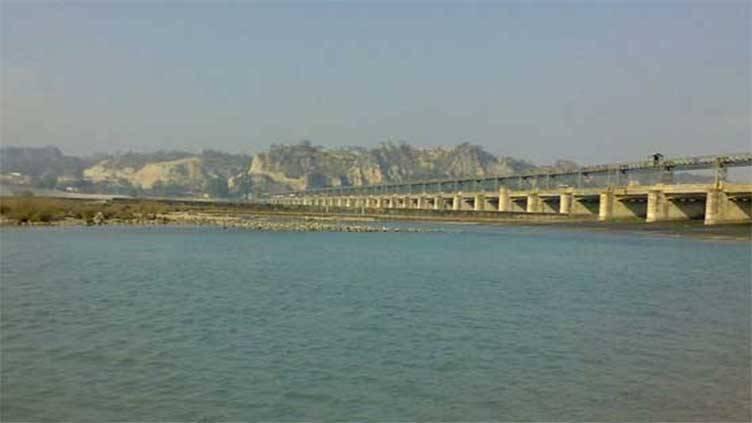Judge Syed Rafaat has studied from Dhaka University, Oxford, and Tufts University of America


Dhaka: Bangladesh's new chief justice has been sworn in, after the former chief justice resigned following demands from protesters who were seen as loyal to former prime minister Sheikh Hasina Wajid.
According to a news agency reporter, this is a link in a series of new appointments, before an old guard associated with the previous government was replaced.
President's Press Secretary Shiplu Zaman said that Syed Rafaat Ahmed, the senior-most judge of the High Court, was sworn in by President Muhammad Shahabuddin, who has become the 25th Chief Justice of Bangladesh.
Judge Syed Rafaat has studied from Dhaka University, Oxford, and Tufts University of America.
Former Chief Justice Obaid ul-Hassan resigned from his post on Saturday after hundreds of protesters gathered outside the court demanding his resignation.
Obaid al-Hassan, appointed last year, previously headed a much-criticised war crimes tribunal that ordered the execution of Hasina Wajid's opponents, and his brother was the former chief justice's secretary.
Attacks on minorities
Bangladesh's new interim government said on Sunday it was working to address attacks on Hindus and other religious minorities since the ouster of former prime minister Sheikh Hasina.
Hindus are the largest minority in Bangladesh, and are major supporters of Hasina Wajid's party, the Awami League.
Hasina Wajid's 15-year rule ended after her sudden resignation and flight abroad on Monday, but there were several reports of attacks on Hindu homes, temples, and businesses.
The cabinet said it would immediately sit down with representative bodies and other concerned groups to find solutions to prevent such heinous attacks.
The government headed by Nobel Peace Prize laureate Muhammad Younis has ordered to help the families of the protesters who were killed in the anti-Hasina Wajid protests.
He directed public funds to support those injured in the unrest, which began in July and left more than 450 people dead.

Taxes on more than 40 items reduced
- 3 hours ago

US dollar gains in interbank and open markets
- 25 minutes ago

Court issues non-bailable warrants for CM Gandapur
- an hour ago

SC decision: ECP issues notification to restore reserved seats
- 3 hours ago

Blast in Bajaur, four including AC martyred
- 4 hours ago
Sheikh Hasina sentenced to 6 months for contempt of court in Bangladesh
- 2 hours ago
Karachi gas explosion: 7 injured including children
- 2 hours ago
Trump confirms progress on Gaza ceasefire deal
- an hour ago

PDMA issues alert over rising water levels in Punjab’s rivers
- 17 minutes ago

PSX rallies for second consecutive day in new fiscal year
- 2 hours ago
Iran confirms damage to nuclear site after US strikes
- 40 minutes ago
Gold prices decline amid global market downturn
- an hour ago










